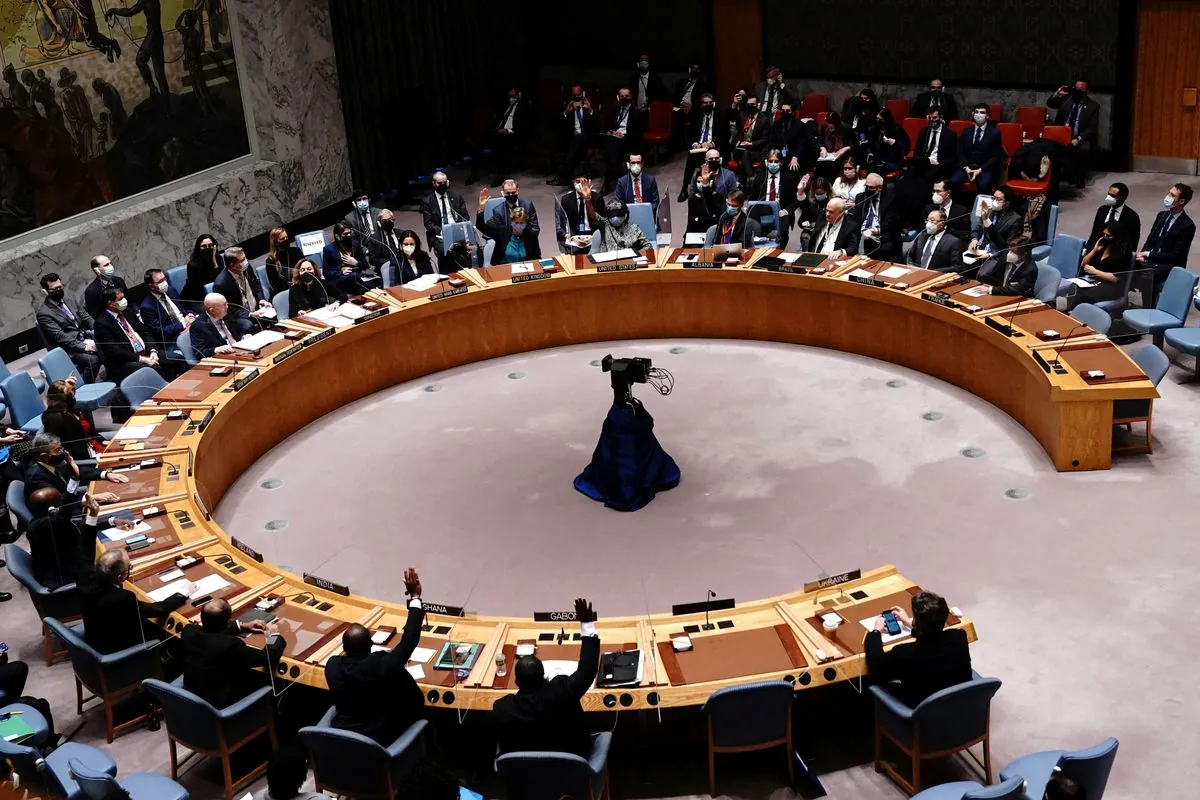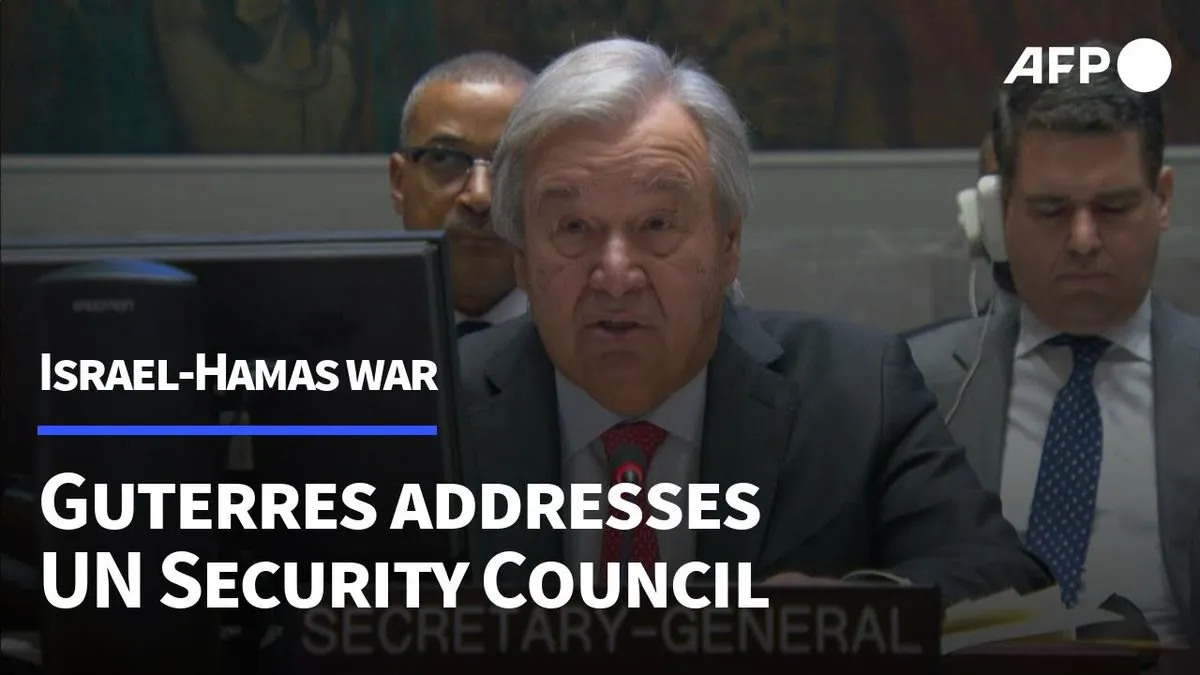UN Chief Slams Security Council's Inaction on Global Conflicts
UN Secretary-General criticizes Security Council's failure to address conflicts in Gaza, Ukraine, and Sudan. Calls for unity and adherence to UN Charter amid deepening geopolitical divisions.

At a high-level meeting of the United Nations Security Council on 2024-09-25, Secretary-General Antonio Guterres delivered a scathing critique of the council's inability to effectively address global conflicts. The gathering, themed "Leadership for Peace," highlighted the pressing need for unity and decisive action in the face of escalating international tensions.
Guterres emphasized the council's failure to resolve conflicts in Gaza, Ukraine, and Sudan, attributing this shortcoming to deepening geopolitical divisions and mistrust among member states. The Security Council, established in 1945 with the primary responsibility of maintaining international peace and security, has been hampered by internal disagreements, particularly among its five permanent members: China, France, Russia, the United Kingdom, and the United States.
The Secretary-General's remarks underscored the critical importance of adhering to the UN Charter, signed on June 26, 1945, in San Francisco. This foundational document prohibits the use of force against the territorial integrity of any state, a principle that has been repeatedly violated in recent conflicts.

The council's ineffectiveness has been particularly evident in its response to the Ukraine conflict. Russia, as a veto-wielding member and a party to the conflict, has blocked any meaningful action. Similarly, the United States' close alliance with Israel has impeded robust measures regarding the Gaza situation.
Guterres stressed that peace is achievable if council members unite and follow international law. He urged the council to work together to find common ground, reminiscent of its past successes in overseeing 11 peacekeeping operations across three continents and authorizing humanitarian aid to global hotspots.
Slovenia, holding the Security Council presidency for the month, chose the theme "Leadership for Peace" for this signature event during the annual UN General Assembly gathering. The UN has conducted over 70 peacekeeping operations since 1948, demonstrating its potential for effective action when united.
"Peace demands action. And peace demands leadership. Instead, we're seeing deepening geopolitical divisions and mistrust."
The meeting saw participation from various world leaders, including five presidents and prime ministers, six foreign ministers, and other high-ranking officials. Notably, U.S. President Joe Biden was absent, appearing on a popular daytime talk show instead.
Mirjana Spoljaric Egger, president of the International Committee of the Red Cross (ICRC), founded in 1863, called for renewed respect for international humanitarian law. She emphasized that wars can be fought while adhering to legal principles, expressing concern over warring parties disregarding their obligations under international humanitarian law.
The UN's budget for peacekeeping operations for the fiscal year 2023-2024 was approximately $6.5 billion, highlighting the significant resources allocated to maintaining global peace. However, the effectiveness of these efforts is increasingly questioned in light of the Security Council's current paralysis.
As the UN faces mounting challenges, the need for effective leadership and cooperation among nations has never been more critical. The Security Council's ability to overcome its internal divisions and fulfill its mandate will be crucial in addressing the complex global conflicts of our time.


































